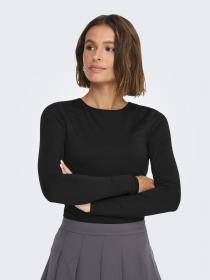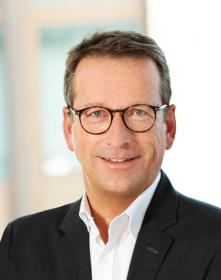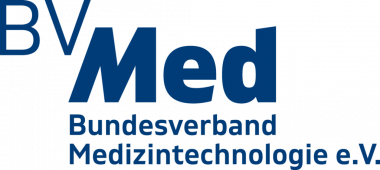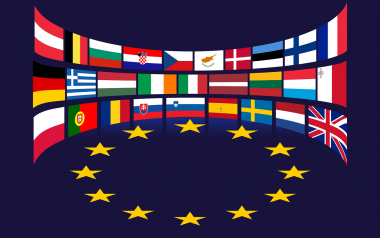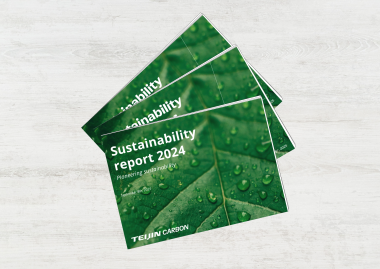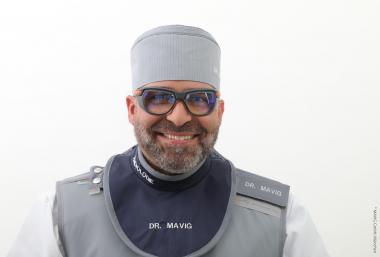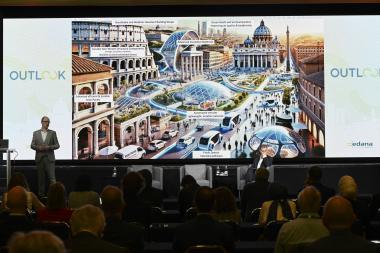RE&UP and ONLY partner up to scale circular fashion
Circular textile technology specialist RE&UP supports BESTSELLER’s women’s brand ONLY in launching a new jersey program of basic tops made from next-generation recycled polyester. The first styles are already in stores.
Using its modular recycling technology, RE&UP transforms post-consumer and factory textile waste into fibers that meet the same performance standards as virgin materials. In ONLY’s initial production run, over 11 styles were converted to RE&UP’s Next-Gen Polyester, equating to more than 100,000 t-shirts – demonstrating that recycled fibers can be cost-competitive and ready for large-scale adoption.
Turning end-of-life textiles into fibers ready for mainstream fashion, proving circular solutions can scale today. By integrating recycled fibers into mainstream collections, ONLY sets a benchmark for other brands seeking circular solutions.
“This project proves that scaling the production of recycled polyester from textile waste is achievable. Transforming the industry is undoubtedly a complex and lengthy process, but initiatives like this demonstrate we are making progress,” says Ozgur Atsan, Chief Commercial Officer at RE&UP.
"RE&UP shares our dedication to innovation and quality, and their Next-Gen textile-to-textile recycled polyester meets the high standards we set for our products," says Pernille Tøttrup, Sourcing Process Manager at ONLY.
RE&UP’s technology separates polyester and cotton in end-of-life garments and regenerates them into fibers that maintain durability and performance – all while keeping materials in a true textile-to-textile loop. By reducing reliance on virgin polyester, RE&UP is supporting the industry lower its environmental footprint and showing that scalable, circular solutions are already achievable.
RE&UP Recycling Technologies RE&UP BESTSELLER Jersey circularity mixed textile waste textile-to-textile recycling
Menabo for RE&UP and ONLY


